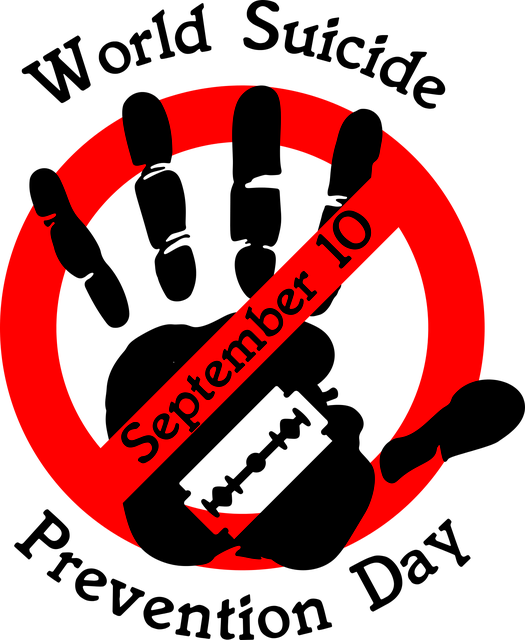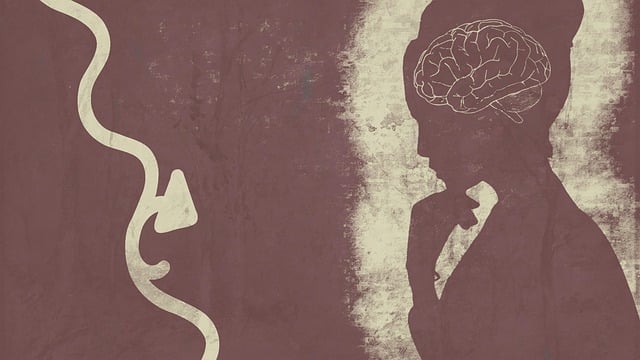In Highlands Ranch, ASL therapy is a key strategy for providing inclusive healthcare, addressing language barriers and health disparities among a multicultural community. By integrating ASL into training, stress reduction techniques, and outreach programs, the area strives to improve patient outcomes, build trust, and ensure culturally sensitive care for all, especially deaf and hard-of-hearing individuals. This holistic approach leverages ASL to empower healthcare providers, expand perspectives, and create a more inclusive environment, setting a standard for compassionate healthcare that extends beyond Highlands Ranch.
Healthcare provider cultural competency training is an essential component of modern medical practice, especially in diverse communities like Highlands Ranch. As healthcare professionals interact with patients from various cultural backgrounds, understanding and mastering communication skills become critical. This article explores these needs, focusing on the impact of language barriers and the unique case of American Sign Language (ASL) therapy programs in Highlands Ranch. We discuss effective training methods and delve into the benefits and challenges of implementing ASL therapy in medical settings.
- Understanding Cultural Competency in Healthcare: A Need for Diverse Communication
- The Impact of Language Barriers: A Focus on American Sign Language (ASL) in Highlands Ranch
- Training Methods to Enhance Cultural Sensitivity among Healthcare Providers
- Benefits and Challenges: Implementing ASL Therapy Programs in Medical Settings
Understanding Cultural Competency in Healthcare: A Need for Diverse Communication

In the diverse community of Highlands Ranch, American Sign Language (ASL) Therapy plays a pivotal role in enhancing cultural competency within healthcare settings. Cultural competency refers to the ability to understand and appreciate the cultural beliefs, values, and practices of different communities, ensuring effective communication and quality care for all patients. Effective communication is the cornerstone of successful healthcare delivery, especially in a multicultural society like Highlands Ranch. When healthcare providers can engage with patients using ASL or other languages, it not only breaks down language barriers but also fosters trust and understanding, leading to better health outcomes.
The need for diverse communication extends beyond language proficiency. It encompasses a range of Stress Reduction Methods and Burnout Prevention Strategies for Healthcare Providers. By incorporating Community Outreach Program Implementation initiatives, healthcare organizations can actively engage with diverse communities, address health disparities, and promote cultural sensitivity. This holistic approach not only improves patient satisfaction but also prepares healthcare providers to navigate complex cultural landscapes, ultimately leading to more inclusive and compassionate healthcare services in Highlands Ranch and beyond.
The Impact of Language Barriers: A Focus on American Sign Language (ASL) in Highlands Ranch

In Highlands Ranch, language barriers pose significant challenges in healthcare delivery, often exacerbating existing disparities in access to quality care. Beyond spoken words, the growing need for American Sign Language (ASL) therapy highlights the importance of addressing communication gaps among diverse patient populations. With an increasing number of deaf and hard-of-hearing individuals seeking healthcare services, Highlands Ranch’s focus on ASL therapy is a crucial step towards cultural competency development within the community.
This initiative aligns with the broader goal of Healthcare Provider Cultural Competency Training, emphasizing the necessity to integrate sign language interpretation into mental wellness coaching programs and stress reduction methods. By equipping healthcare providers with the skills to communicate effectively through ASL, Highlands Ranch aims to improve patient outcomes, foster a sense of belonging, and promote equitable care for all individuals, regardless of their linguistic abilities.
Training Methods to Enhance Cultural Sensitivity among Healthcare Providers

In recent years, healthcare provider cultural competency training has evolved to include a variety of innovative methods designed to enhance sensitivity and understanding among medical professionals. One notable approach is the integration of American Sign Language (ASL) therapy in Highlands Ranch, which not only improves communication with deaf or hard-of-hearing patients but also broadens providers’ perspectives on non-verbal forms of expression. This hands-on training allows healthcare workers to connect with a diverse patient population, fostering a more inclusive environment.
Furthermore, mindfulness meditation and resilience-building exercises have become integral parts of cultural competency programs. These practices help providers manage stress, improve emotional regulation, and cultivate a deeper sense of empathy. Social skills training also plays a crucial role in promoting effective communication across different cultural backgrounds, ensuring that healthcare interactions are respectful, inclusive, and sensitive to individual needs and beliefs.
Benefits and Challenges: Implementing ASL Therapy Programs in Medical Settings

Implementing American Sign Language (ASL) therapy programs in medical settings offers numerous benefits for both healthcare providers and deaf or hard-of-hearing patients, particularly in diverse communities like Highlands Ranch. ASL therapy enhances communication, ensuring patients receive culturally sensitive care. It empowers healthcare professionals to connect with a broader patient base, fostering inclusivity and improving overall patient satisfaction. For instance, a well-structured Community Outreach Program Implementation can introduce ASL to medical staff, breaking down language barriers and promoting better understanding of the deaf community’s unique needs.
However, challenges exist in integrating these programs. Training requirements demand significant time and resources, especially when introducing new skills like ASL through initiatives such as Mental Wellness Podcast Series Production. Self-Awareness Exercises are crucial for healthcare providers to overcome personal biases and embrace cultural competency. Moreover, ensuring sustained commitment from medical institutions is vital to long-term success, requiring continuous evaluation and adaptation of ASL therapy programs to meet the evolving needs of patients and the community.
Cultural competency training, such as incorporating Highlands Ranch American Sign Language (ASL) therapy programs, is essential for healthcare providers to address language barriers and improve patient care. By enhancing cultural sensitivity through diverse communication methods, medical settings can foster an inclusive environment that benefits all patients. These initiatives not only improve patient satisfaction but also lead to more effective treatment outcomes, making it a crucial step towards equitable healthcare for diverse communities.













